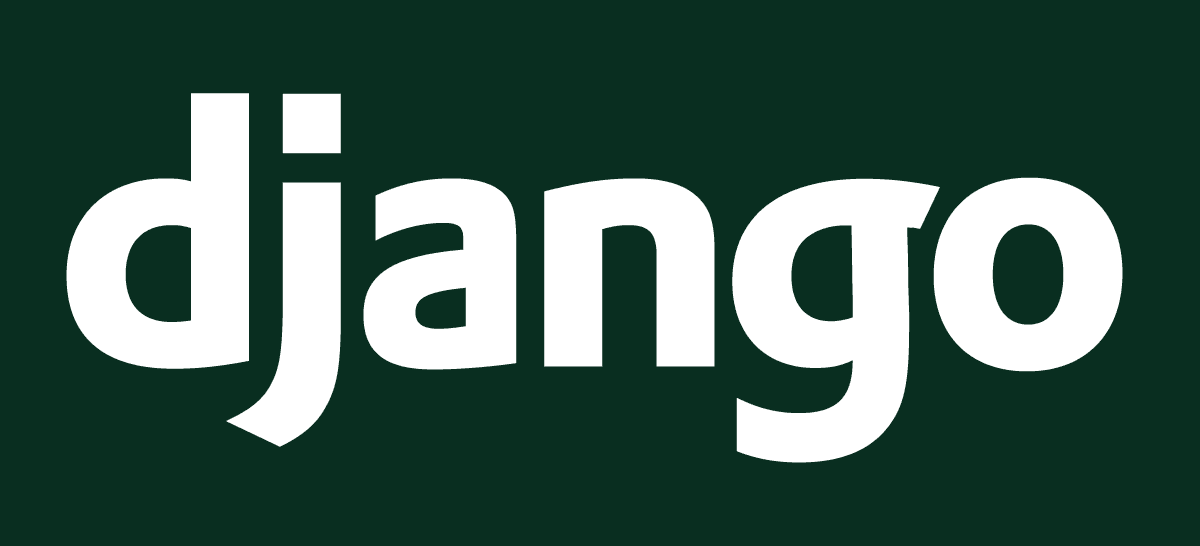khan Waseem
Fri Jan 27 2023
-3 min read
Why Choose Django for Web Development?

In the ever-evolving world of web development, Django stands out as a robust and versatile web framework, providing developers with a powerful toolset for building web applications. Rooted in Python, Django’s “batteries-included” philosophy simplifies the development process by offering a comprehensive set of built-in features and conventions. In this blog post, we will explore what Django is and delve into the numerous benefits of using it for web application development.
What is Django?
Django is an open-source web framework that empowers developers to create web applications swiftly and efficiently. It follows the Model-View-Template (MVT) architectural pattern, which is often considered a variation of the more familiar Model-View-Controller (MVC) pattern. Django’s core components can be broken down as follows:
- Model: Defines the data structure and the database schema. Django boasts a robust Object-Relational Mapping (ORM) layer, which allows developers to define data models in Python and automates the translation into corresponding database tables.
- View: Manages the application’s logic and data processing. Views handle user requests, interact with the model layer, and generate appropriate responses.
- Template: Represents the presentation layer of the application. Django employs its template engine, allowing developers to create HTML templates with placeholders for dynamic content.
Django goes beyond these core components, providing a plethora of built-in features such as user authentication, URL routing, form handling, and database migrations. This rich feature set streamlines development and maintains a high level of code quality.
Benefits of Using Django
Now that we’ve established what Django is, let’s explore the compelling reasons to choose it for your web development projects:
1. Rapid Development
Django’s “batteries-included” philosophy significantly accelerates the development process. With a wealth of pre-built tools and libraries, developers can swiftly prototype and launch minimum viable products (MVPs) with ease. This rapid development cycle is invaluable in today’s fast-paced development landscape.
2. Security
Security is paramount in web development, and Django places it at the forefront. The framework incorporates security best practices by default, offering protection against common web vulnerabilities like SQL injection, cross-site scripting (XSS), and cross-site request forgery (CSRF). Additionally, Django provides a robust authentication system to secure user data.
3. Scalability
Django is designed to grow with your application. It caters to both small websites and complex web applications, allowing you to modularize components and allocate additional resources as needed. This scalability ensures that your application can handle increased user loads and data demands.
4. Thriving Community and Ecosystem
Django boasts a large and vibrant community of developers, providing access to extensive resources, comprehensive documentation, and a wide array of third-party packages. This thriving ecosystem simplifies development and encourages best practices.
5. Object-Relational Mapping (ORM)
Django’s ORM simplifies database interactions by allowing developers to work with databases using Python classes and methods rather than writing raw SQL queries. It supports multiple database backends, including PostgreSQL, MySQL, and SQLite, offering flexibility in database choices.
6. URL Routing
Django’s URL routing system enables developers to define clean and organized URL structures for their applications. This promotes readability and maintainability in your codebase.
7. Admin Interface
One of Django’s standout features is its automatic generation of an admin interface. This interface allows developers and non-technical users to manage application data efficiently, saving time and effort.
8. Versatility
Django is incredibly versatile, capable of powering a wide range of web applications. Whether you’re building content management systems (CMS), e-commerce platforms, social media sites, or APIs, Django can accommodate your requirements.
9. Community Packages
The Django ecosystem is replete with third-party packages that extend its functionality. For instance, Django REST framework is a popular choice for building RESTful APIs with Django, showcasing the extensibility of the framework.
10. Open Source
Django is open-source and completely free to use, making it accessible to developers of all backgrounds and budget constraints.
In conclusion, Django simplifies web application development with Python by offering a comprehensive toolkit and adhering to best practices in security and scalability. Its robust feature set and active community make it an excellent choice for both novice and experienced developers. By harnessing the power of Django, you can streamline your web development projects and bring your ideas to life efficiently and securely.